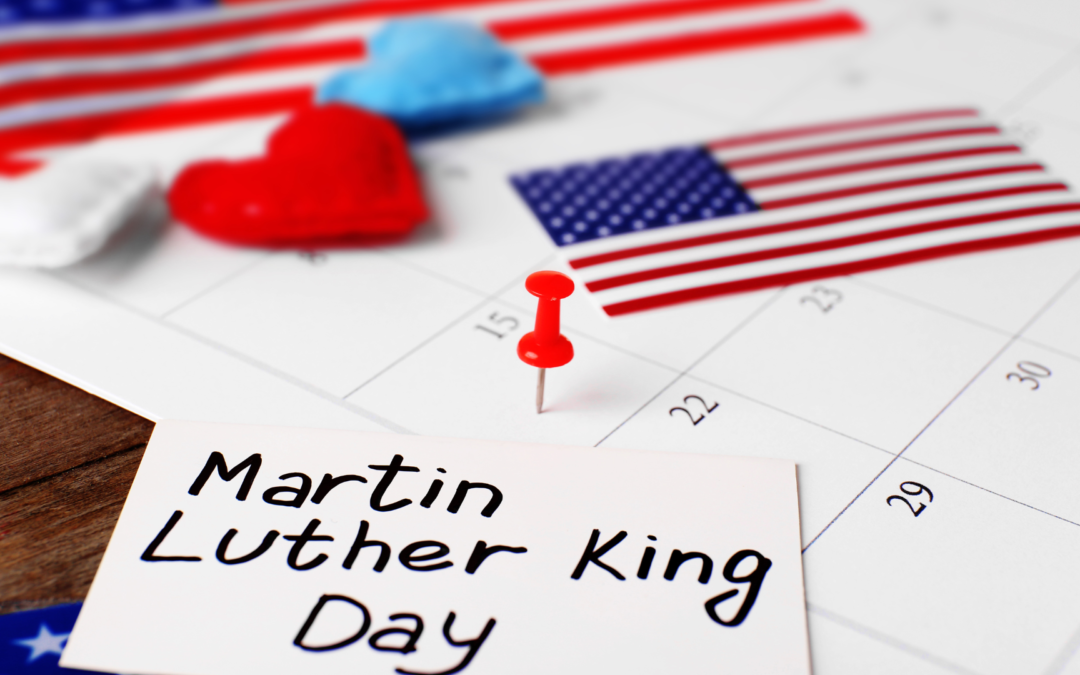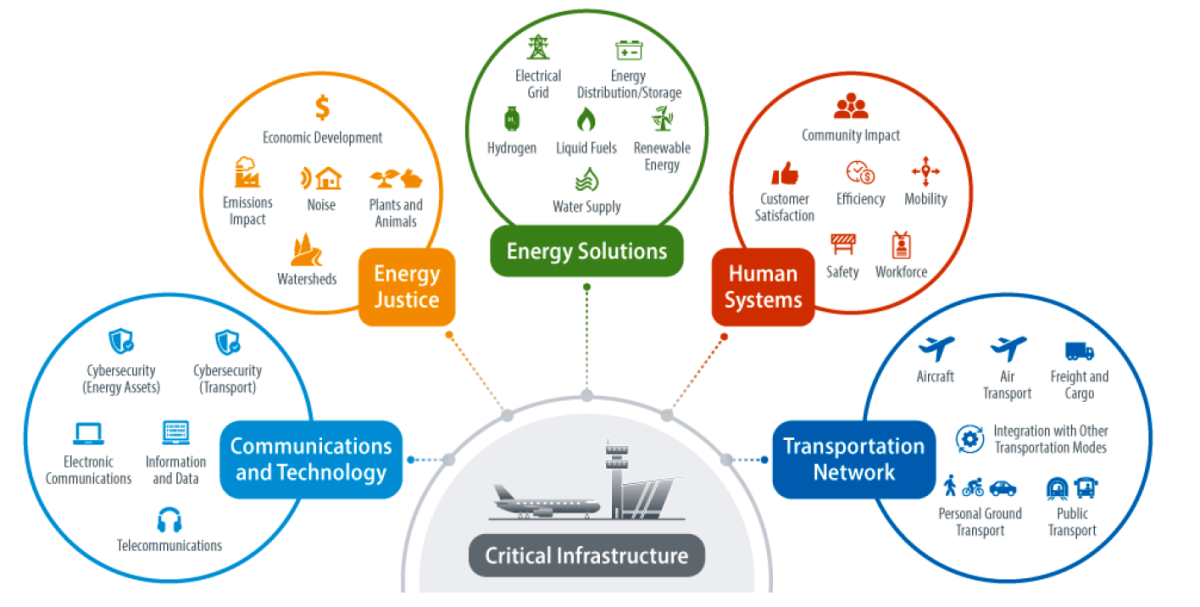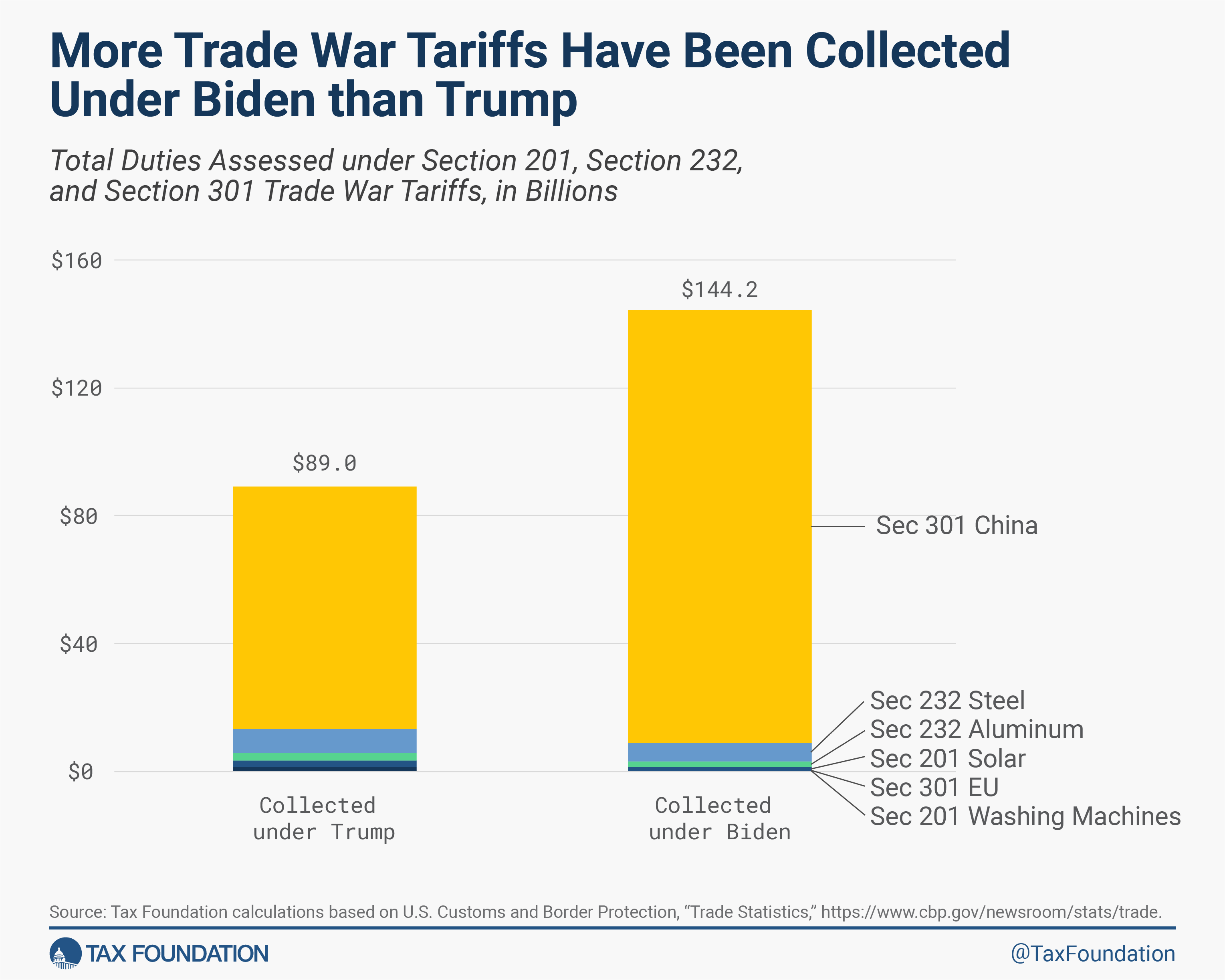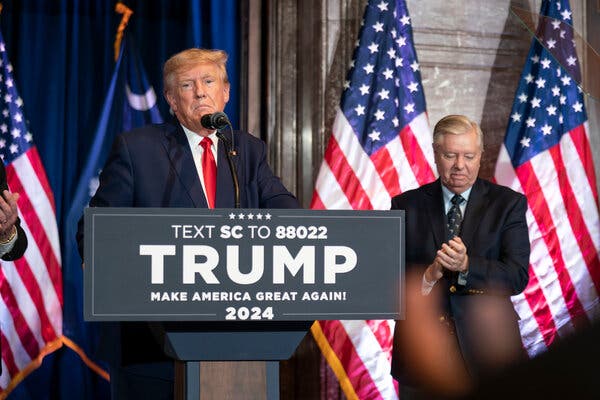Martin Luther King Jr. Day: To Celebrate Or Abolish? The Debate Continues

Table of Contents
The Significance of Celebrating Martin Luther King Jr. Day
Remembering King's Achievements
Martin Luther King Jr. Day serves as a vital reminder of Dr. King's monumental contributions to American society. His legacy extends far beyond a single day; it represents a continuous struggle for justice and equality.
- Nonviolent resistance: King's unwavering commitment to nonviolent resistance redefined the Civil Rights Movement, inspiring millions to fight for their rights peacefully. This strategy, meticulously planned and executed, proved remarkably effective in achieving significant legislative and social change.
- Civil Rights Movement: King was the central figure in the Civil Rights Movement, leading countless marches, sit-ins, and other forms of direct action that challenged segregation and discrimination. His leadership galvanized a nation and forced a reckoning with its deeply entrenched racial injustices.
- Advancement of racial equality: The Civil Rights Act of 1964 and the Voting Rights Act of 1965, landmark achievements stemming directly from the Civil Rights Movement, stand as testaments to King's enduring impact. These legislative victories dismantled legal segregation and expanded voting rights for African Americans, fundamentally altering the social and political landscape of the United States.
- Impact on voting rights: The fight for voting rights was central to King's mission, as he understood that political empowerment was crucial for achieving lasting racial equality. His tireless advocacy paved the way for millions of African Americans to exercise their fundamental right to vote.
- Legacy of social justice: King's legacy extends far beyond racial equality. He was a passionate advocate for economic justice, peace, and an end to poverty, championing the cause of all marginalized communities. His "Beloved Community" vision remains a powerful aspiration for a more just and equitable world.
Inspiring Future Generations
Dr. King's powerful speeches, particularly his iconic "I Have a Dream" address, continue to inspire generations of activists and change-makers. His message of hope, resilience, and the pursuit of justice resonates deeply even today.
- King's speeches: King's eloquent speeches, filled with powerful rhetoric and moral conviction, remain potent reminders of the ongoing struggle for equality and justice. They serve as a call to action for those who seek to build a better world.
- Continuing fight for equality: The fight for racial justice and equality is far from over. King's legacy serves as a constant reminder of the work that remains, urging us to continue the fight against systemic racism and oppression.
- Importance of education and activism: King emphasized the importance of education and activism as crucial tools for achieving social change. He encouraged critical thinking, informed engagement, and active participation in shaping a just society.
- Role models for young people: King remains a powerful role model for young people, demonstrating the transformative power of courage, perseverance, and unwavering commitment to justice. His life and work inspire future generations to become agents of positive change.
Criticisms and Calls for Reform of Martin Luther King Jr. Day
Insufficient Progress on Racial Equality
Despite the progress made since the Civil Rights Movement, significant racial inequality persists in the United States. This reality fuels criticism of Martin Luther King Jr. Day as insufficiently addressing the ongoing challenges.
- Systemic racism: Systemic racism continues to manifest in various forms, from discriminatory policing practices to disparities in education, healthcare, and economic opportunity. These persistent inequalities highlight the gap between King's dream and current reality.
- Ongoing police brutality: The disproportionate targeting and killing of African Americans by law enforcement officers remain a stark reality, illustrating the urgent need for police reform and accountability.
- Economic inequality: Significant economic disparities between racial groups persist, with African Americans experiencing higher rates of poverty and unemployment. This economic inequality undermines the promise of equal opportunity.
- Disparities in education and healthcare: Disparities in access to quality education and healthcare further exacerbate existing racial inequalities, perpetuating cycles of poverty and disadvantage.
Tokenism and Lack of Meaningful Action
Critics argue that Martin Luther King Jr. Day has become a symbolic gesture, lacking meaningful action to address systemic racism and inequality. The holiday, some argue, serves as a superficial commemoration rather than a catalyst for real change.
- Holiday as a superficial gesture: Some see the holiday as a mere token, a day off work rather than a genuine commitment to addressing the issues that King fought against. The lack of tangible progress on racial justice fuels this critique.
- Need for policy changes: Meaningful change requires comprehensive policy reforms to address systemic inequalities. Critics argue that simply observing the holiday is not enough; concrete action and legislative changes are essential.
- Importance of community action: Addressing racial inequality requires sustained community action and engagement. Critics call for sustained community involvement and collaboration to dismantle systemic racism.
- Call for concrete solutions beyond symbolism: Moving beyond symbolic gestures requires developing and implementing concrete solutions to address systemic racism and inequality. This includes addressing issues such as police brutality, economic disparity, and unequal access to education and healthcare.
Alternative Approaches to Commemoration
Some suggest alternative approaches to honoring King's legacy beyond a single designated holiday. These approaches prioritize sustained action and community engagement throughout the year.
- Community service: Participating in community service projects that address issues of racial injustice and inequality can be a powerful way to honor King's legacy. This active engagement reflects his commitment to service and social justice.
- Educational initiatives: Investing in education and creating curriculum that accurately reflects King's life and work, including the complexities of the Civil Rights Movement, is crucial to fostering understanding and promoting social justice.
- Ongoing activism and advocacy: Sustained activism and advocacy throughout the year are essential to building a more just and equitable society. This continued effort reflects King's enduring commitment to social change.
- Focus on concrete action over a single day of celebration: A more effective way to honor Dr. King's legacy involves a year-round commitment to addressing social justice issues through concrete actions rather than limiting commemoration to a single day.
Conclusion
This article has examined the ongoing debate surrounding Martin Luther King Jr. Day, exploring both the powerful reasons to celebrate his enduring legacy and the valid critiques that highlight the persistent need for racial justice and equality in America. The arguments presented showcase the complex nature of commemorating a pivotal figure while grappling with unfinished business in the pursuit of social justice.
The conversation surrounding Martin Luther King Jr. Day must continue. We must reflect on the progress made and the profound work still needed to fulfill Dr. King's dream of a truly equitable society. Let's move beyond simply celebrating Martin Luther King Jr. Day and actively engage in building a more just and inclusive future, honoring his legacy through meaningful action and advocating for lasting change on issues of racial justice and equality.

Featured Posts
-
 Did Putins Peace Talks Offer Backfire A Diplomatic Analysis
May 18, 2025
Did Putins Peace Talks Offer Backfire A Diplomatic Analysis
May 18, 2025 -
 Canada Posts Future Report Recommends Phasing Out Daily Home Mail Delivery
May 18, 2025
Canada Posts Future Report Recommends Phasing Out Daily Home Mail Delivery
May 18, 2025 -
 The China Factor Why Luxury Automakers Face Headwinds In The Chinese Market
May 18, 2025
The China Factor Why Luxury Automakers Face Headwinds In The Chinese Market
May 18, 2025 -
 The Often Overlooked Value Of Middle Managers In Modern Businesses
May 18, 2025
The Often Overlooked Value Of Middle Managers In Modern Businesses
May 18, 2025 -
 Should Snl Embrace Stronger Language Bowen Yang Weighs In
May 18, 2025
Should Snl Embrace Stronger Language Bowen Yang Weighs In
May 18, 2025
Latest Posts
-
 Unpacking The Numbers A Detailed Look At Trumps Aerospace Transactions
May 18, 2025
Unpacking The Numbers A Detailed Look At Trumps Aerospace Transactions
May 18, 2025 -
 Trumps Aerospace Legacy A Review Of Deals And Their Impact
May 18, 2025
Trumps Aerospace Legacy A Review Of Deals And Their Impact
May 18, 2025 -
 Us China Trade War 30 Tariffs Predicted To Remain Until 2025
May 18, 2025
Us China Trade War 30 Tariffs Predicted To Remain Until 2025
May 18, 2025 -
 The Trump Presidency And Aerospace An Examination Of Key Agreements
May 18, 2025
The Trump Presidency And Aerospace An Examination Of Key Agreements
May 18, 2025 -
 The Future Of Us China Trade 30 Tariffs And Beyond
May 18, 2025
The Future Of Us China Trade 30 Tariffs And Beyond
May 18, 2025
